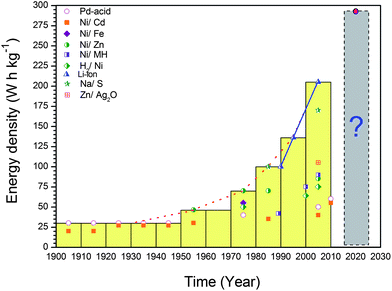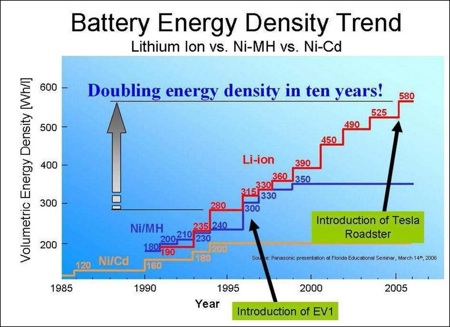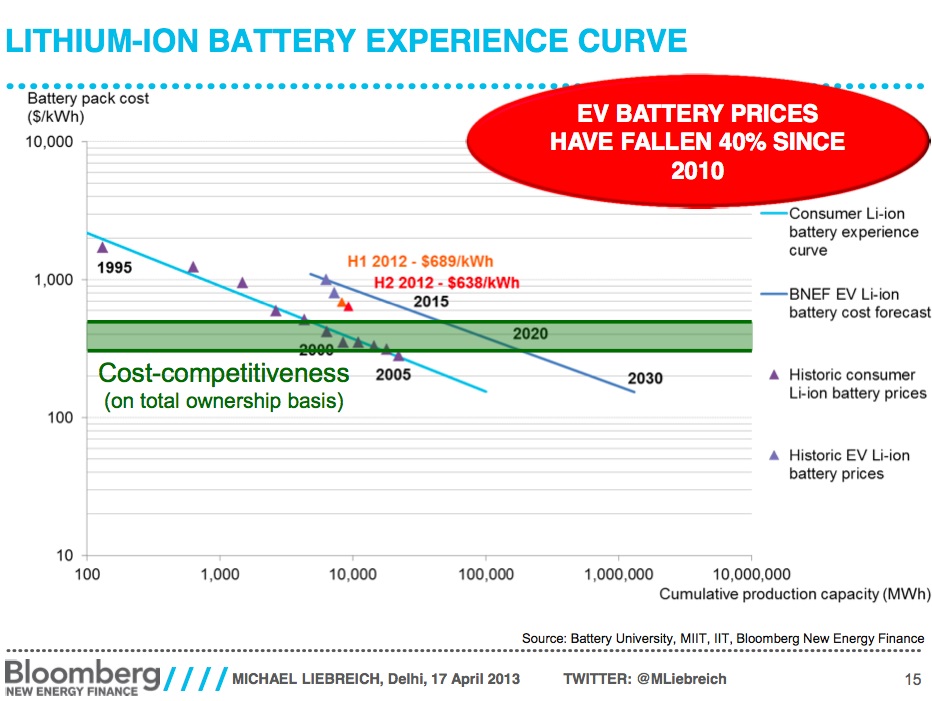"the considerable amount of gas that the US used to import becomes available for others"
Not really, for the same reasons that you gave re. inability of US to export its gas surplus overseas.
USA gas imports come almost exclusively from Canada via pipeline. These volumes have decreased during the past 8 years as US shale gas has swamped their market.
Continentally, there is a surplus, but Canada is no better equipped than USA to export large volumes of gas or oil overseas.
Returning to the issue of Russian leverage re. oil & gas 'weapon' I believe that Russia is better positioned to bear the pain of reduced exports than Ukraine, etc are able to cope with constricted supplies, esp. re. gas during the 4 winter months (Dec. 1 -March 31st). My guess is that Ukrainians are very worried about their ability to stay warm this winter.





 Reply With Quote
Reply With Quote




















Bookmarks